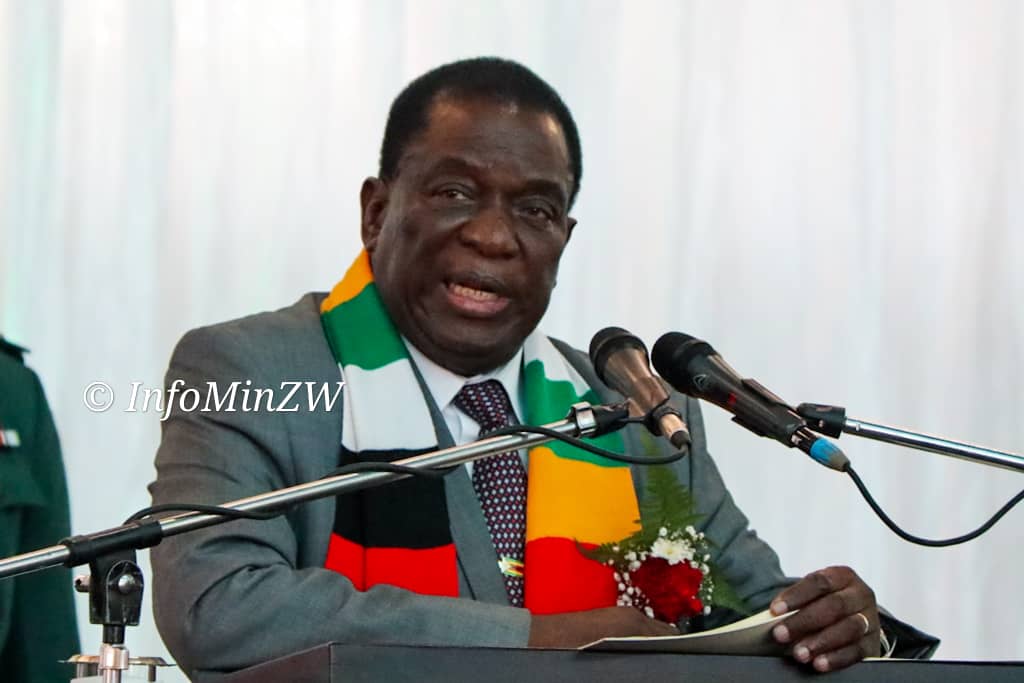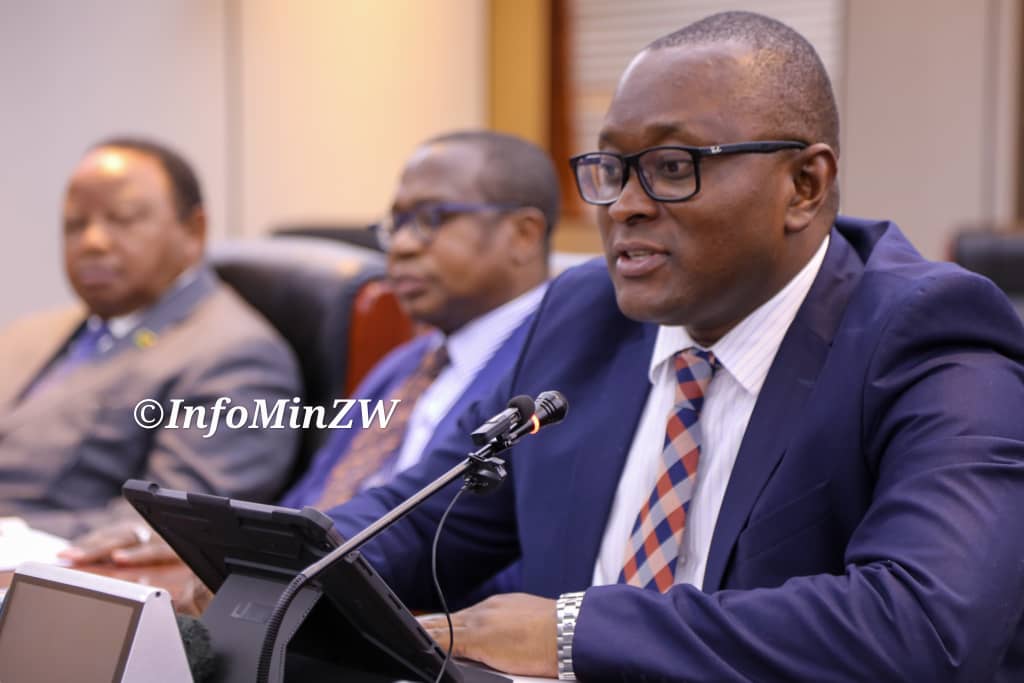Sanctions hinder debt clearance-ED
Share

Harare (New Ziana) – Zimbabwe continues to struggle with its external debt clearance because of illegal sanctions imposed on the country by the West over the last two decades, President Emmerson Mnangagwa has said.
But, speaking at a joint press conference with visiting Mozambican President Felipe Nyusi, he said an ongoing arrears and debt resolution process, involving high-level international banking and political brokers, was showing positive signs.
President Mnangawa said after the West imposed sanctions on Zimbabwe in 2000 as punishment for the land reform programme with the USA enacting ZIDERA, Zimbabwe was blocked from accessing lines of credit from the World Bank, International Monetary Fund (IMF) and other donor agencies and countries.
“We could not even access bilateral or multilateral lines of credit because countries were afraid to offend the Americans, the British and EU. Only SADC and the AU remained standing with Zimbabwe. As a result, our economy collapsed and we had to think outside the box to resuscitate our economy,” he said.
“We have since resuscitated our economy and we are now not resuscitating it, we are growing it. Last three years, our economy has been growing an average of 5.5 percent, 6 percent. This year again it’s going to be above 5 percent, its growing.”
While other countries with similar debts were able to get relief, Zimbabwe’s debt continued piling up, mainly through interest charges. Because of the sanctions, Zimbabwe is unable to go to the Paris Club group of lenders to seek for relief.
Meanwhile, the British, Americans and European countries would not listen to Zimbabwe’s appeals.
“They say we are on sanctions but yet the debt continues to grow, it’s not like we’ve created any new debts, it’s an old debt which has just been growing.”
Added to this debt is the $3.5 billion Zimbabwe undertook to compensate former white commercial farmers for developments they undertook on farms they left in a huff when the country implemented the land reform programme. President Mnangagwa said the government had come up with a non-discriminatory land tenure system that offered even the former white farmers pieces of land that were significantly smaller than the large tracts they initially occupied.
He said this forced him to approach the African Development Bank (AfDB) president, Akinwumi Adesina and former Mozambican President Joachim Chissano as debt clearance champions to help resolve the issue.
“I’m so happy that the process is on course and it is giving us positive indications both in Europe and America. Two days ago, we had a conference here and every diplomatic mission in Harare, which means most of the European countries, the British, Americans, Japanese, Chinese and others were here,” he said.
“After I opened the conference, each mission spoke in support of Zimbabwe for the resolution of the clearance of the debt. I’m hopeful that this will succeed.”
He said the British and Americans were happy with the compensation offered to the former white farmers, and after years of isolation, relations between the Southern African country and the western countries were beginning to thaw as demonstrated by his invitation to the coronation of the new British monarch earlier this month.
New Ziana









